In a groundbreaking fusion of gaming and legal prediction, researchers have developed an innovative experiment using multiplayer games to forecast judicial outcomes. Dubbed the "Game Jury Experiment," this unconventional approach leverages collective human judgment through interactive gameplay to predict how real court cases might be decided. The results have sparked intense debate among legal scholars, game theorists, and data scientists about the future of algorithmic justice.
The experiment works by presenting players with simplified versions of actual court cases, stripped of identifying details but retaining key legal arguments and evidence. Players assume the roles of jurors, debating the merits of each case through structured in-game mechanics that mimic deliberation processes. What makes this approach unique is its ability to aggregate thousands of independent player decisions into a predictive model that often aligns surprisingly well with actual court rulings.
Early trials have shown remarkable accuracy rates, particularly in civil cases where the game's predictions matched final judgments in approximately 78% of test cases. Criminal cases proved slightly more challenging, with a 65% accuracy rate, but still significantly better than chance. The research team attributes this success to what they call "emergent legal intelligence" - the phenomenon where groups of ordinary people, when properly structured through game mechanics, can approximate professional legal reasoning.
One particularly fascinating aspect is how the game handles controversial or divisive cases. When player juries deadlock at similar rates to real juries, the system flags these cases as high-risk for appeals or overturned verdicts. This predictive capability could potentially help legal teams assess case strengths and weaknesses before going to trial. Some defense attorneys have already begun consulting preliminary data from these experiments when advising clients about plea bargain decisions.
The technology behind the experiment combines elements of massive multiplayer online games with sophisticated machine learning. As players interact with case materials and each other, the system continuously refines its models based on emerging consensus patterns. Game mechanics include reputation systems that reward players for well-reasoned arguments and penalty systems that discourage trolling or frivolous participation. These features help maintain the quality of deliberation despite the game's open participation model.
Ethical concerns have naturally arisen about this unconventional approach to legal prediction. Some critics warn against trivializing serious legal matters by turning them into game content. Others question whether crowd wisdom can truly replace professional legal expertise, especially in complex cases involving nuanced interpretations of law. The research team has implemented several safeguards, including rigorous case anonymization and strict moderation of game discussions to maintain appropriate decorum.
Looking ahead, the potential applications extend beyond mere prediction. Legal educators are exploring using modified versions of the game as teaching tools, allowing law students to experience thousands of simulated deliberations in compressed timeframes. Some jurisdictions are even considering whether properly validated versions of such systems could assist in jury selection processes or help identify potential biases in how cases might be perceived by different demographic groups.
As the experiment scales to include more participants and case types, its developers emphasize that the goal isn't to replace human judgment but to better understand it. By observing how distributed groups of people interpret legal scenarios, researchers hope to uncover universal patterns in legal reasoning that could inform both judicial processes and legal education. The game's unexpected success suggests that when properly harnessed, collective intelligence might offer valuable insights into one of society's most complex institutions - the justice system.
The Game Jury Experiment represents just one example of how digital platforms are transforming traditional domains. As virtual environments become increasingly sophisticated at modeling real-world interactions, we may see more such unconventional approaches to longstanding challenges. What began as an academic curiosity about games and legal prediction could ultimately contribute to making justice systems more transparent, predictable, and accessible to the populations they serve.
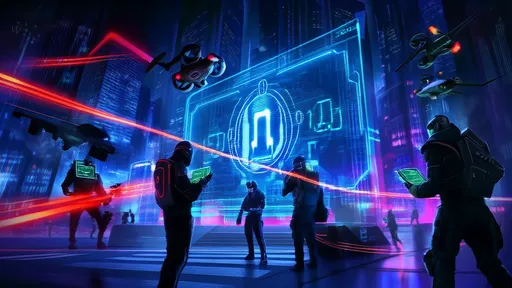
By /Jul 3, 2025
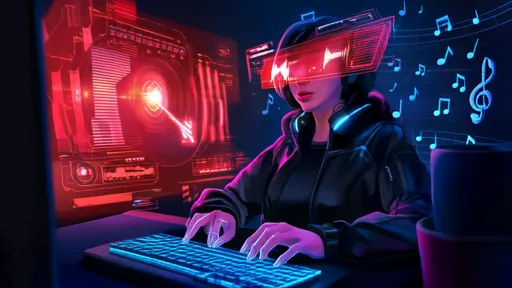
By /Jul 3, 2025
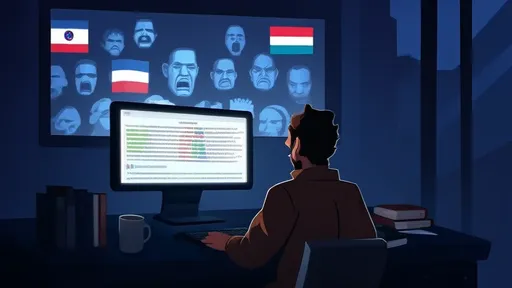
By /Jul 3, 2025

By /Jul 3, 2025

By /Jul 3, 2025

By /Jul 3, 2025
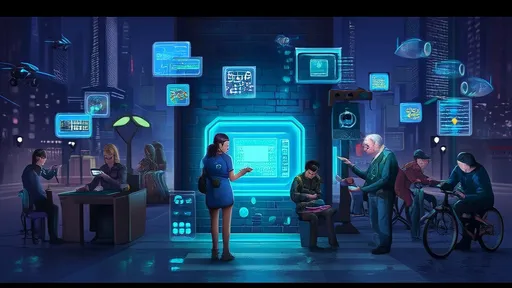
By /Jul 3, 2025

By /Jul 3, 2025
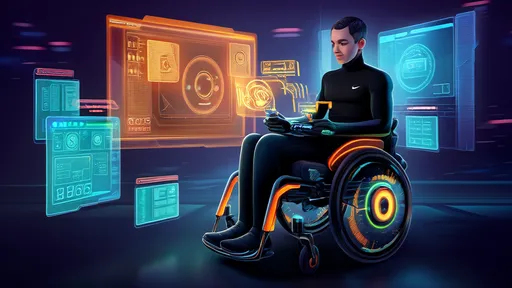
By /Jul 3, 2025

By /Jul 3, 2025
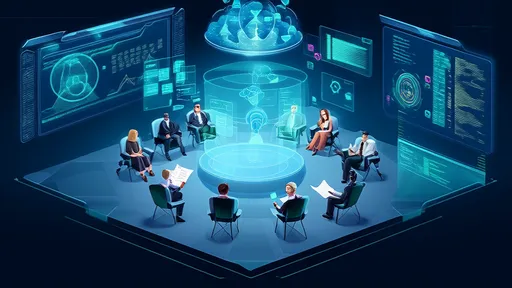
By /Jul 3, 2025

By /Jul 3, 2025

By /Jul 3, 2025
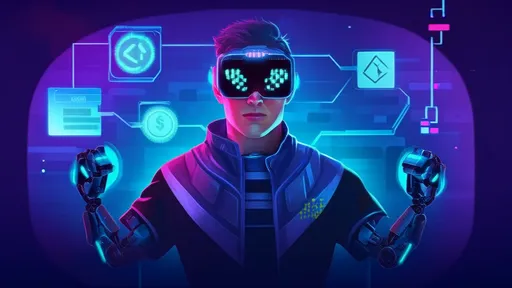
By /Jul 3, 2025

By /Jul 3, 2025

By /Jul 3, 2025

By /Jul 3, 2025
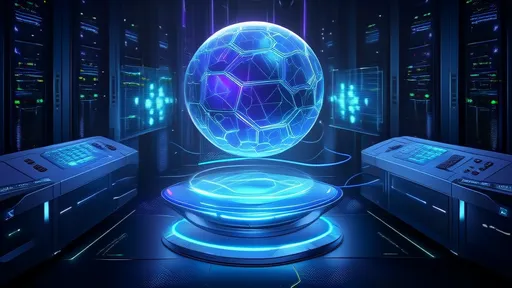
By /Jul 3, 2025